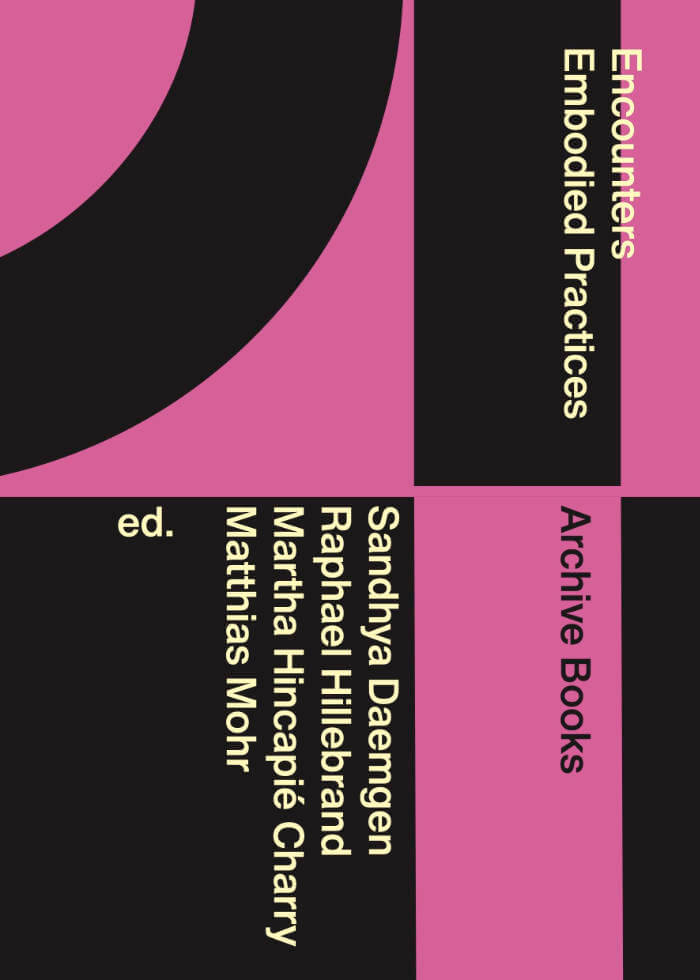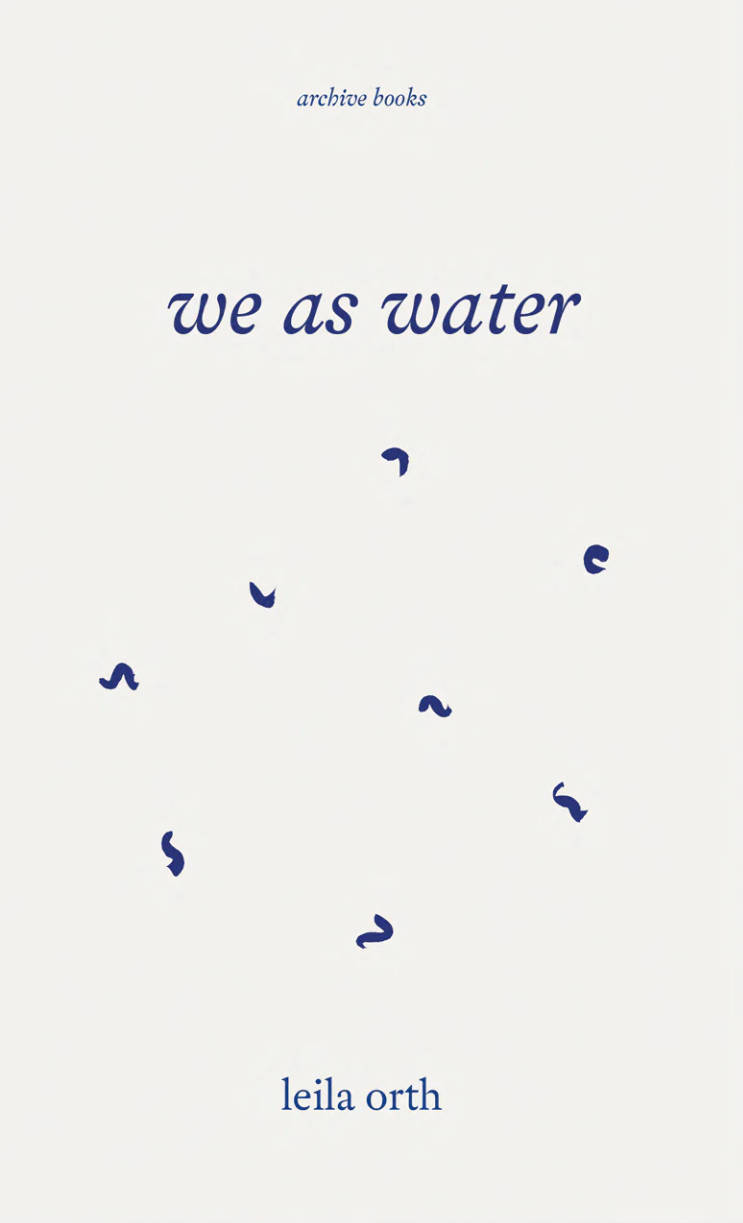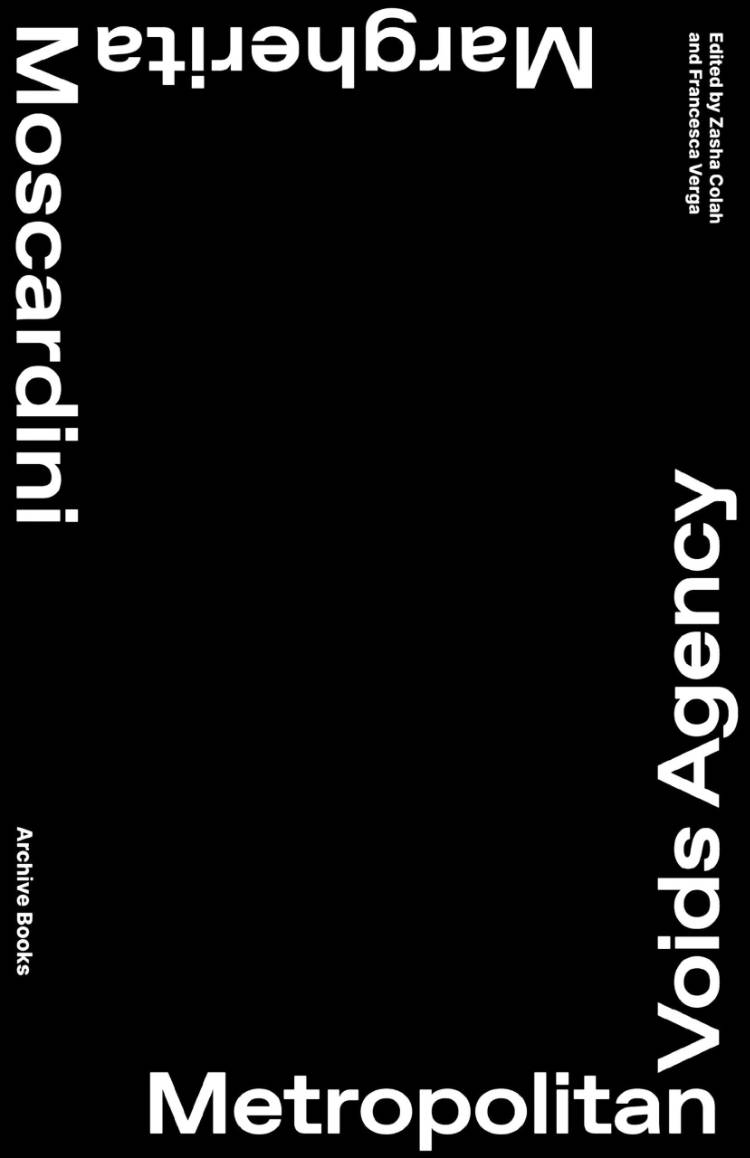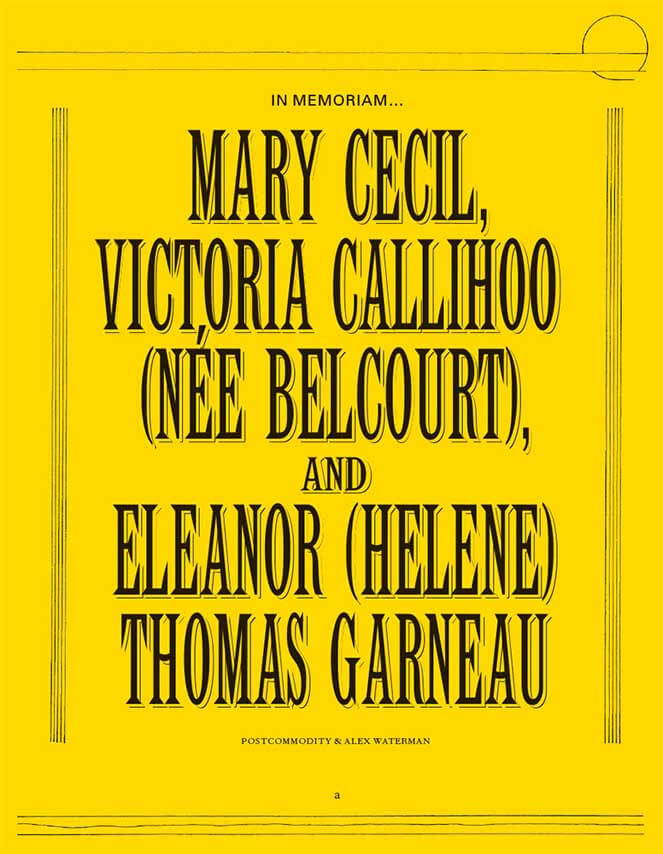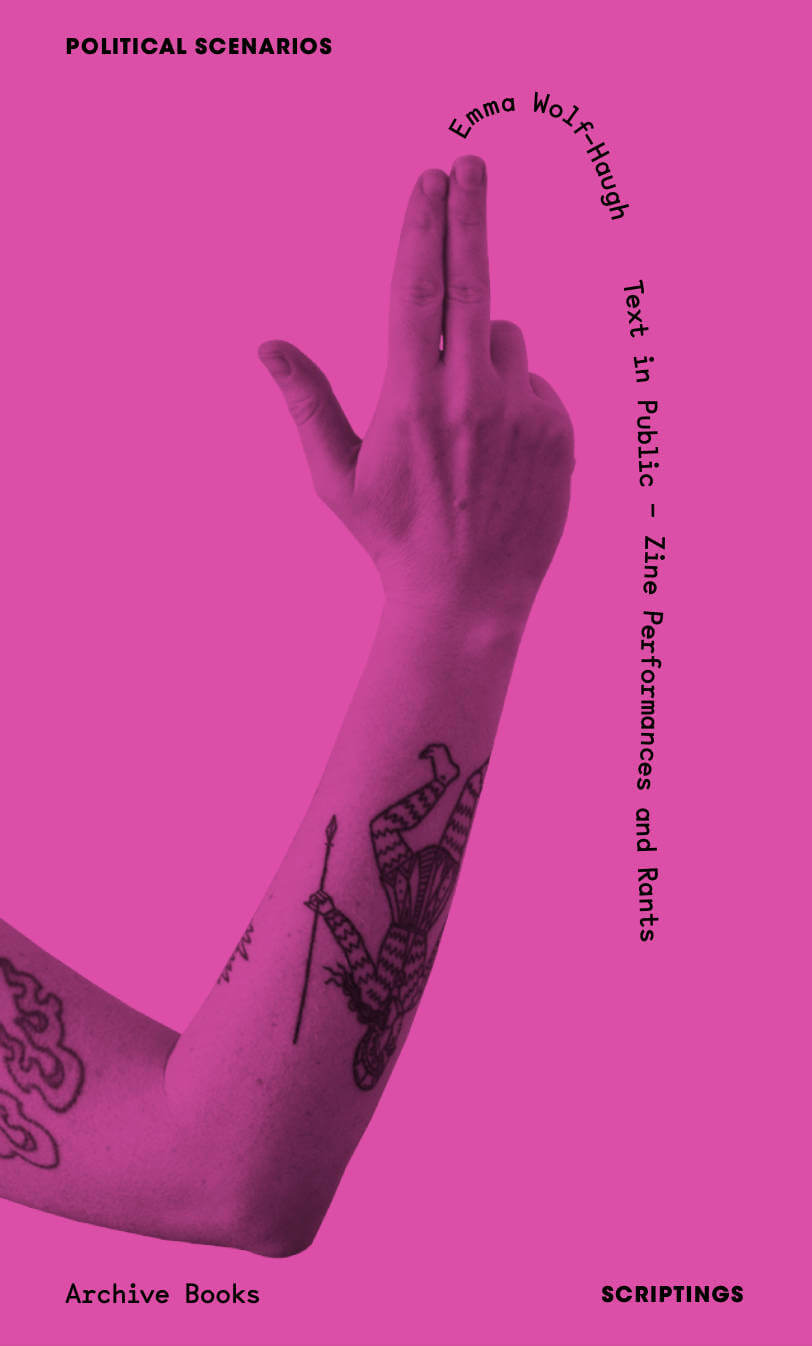
Text in Public – Zine Performances and Rants
The first monograph of writing by visual artist Emma Wolf-Haugh interconnecting performative works, performance scripts and assemblage texts.
Over the past decade Wolf-Haugh has developed an interdisciplinary practice, which incorporates and overlaps installation, performance, and experimental workshop formats, in which the practice of self- and collective DIY publishing often serves as a kind of porous container to re-combine and bundle their multifaceted activities with text.
The publication gathers together these texts, traversing particular cultural and historical sites, the lived present and imagined futures, incorporating auto-fiction and anecdote as part of a tradition of queer-transfeminist working class vernacular and ethics, promiscuous and adept at working within limitations.
Emma Wolf-Haugh (born 1974) is a visual artist, educator and writer based Berlin and Dublin and working internationally, whose work is shaped by economic necessity, engaging forms of recycling, thrift and ephemera that result in soft modularity, wild archiving, and performative intervention, posing questions about value, accumulation, and authorship. Emma Wolf-Haugh is co-founder of The Many Headed-Hydra (TMHH), aqueous-decolonising collective since 2015, and founder of The Reading Troupe - Disruptive Pedagogy, workshop and zine series since 2013.
Language: English
